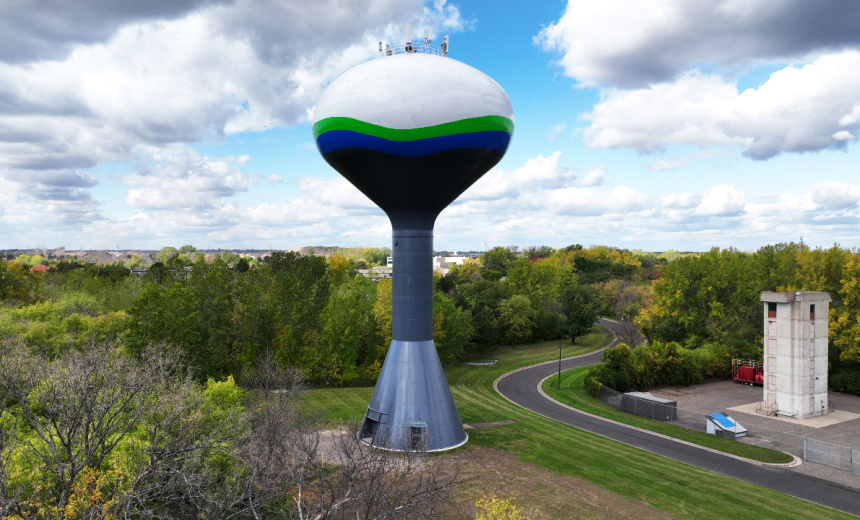Over 100M People Depend on Susceptible Water Methods
Critical Infrastructure Security
Inspector Basic Report Reveals 97 Water Methods with Crucial Cybersecurity Dangers

More than 100 million Americans rely on drinking water systems with cybersecurity flaws that could enable hackers to “disrupt service or cause irreparable physical damage to drinking water infrastructure,” according to a new federal report.
See Also: 2024 Report: Mapping Cyber Risks from the Outside
The Environmental Safety Company’s inspector common reviewed greater than 1,000 consuming water methods serving 193 million folks nationwide, figuring out 97 methods with essential or high-risk cybersecurity vulnerabilities that have an effect on 26.6 million folks. One other 211 methods, serving over 82.7 million, had been flagged for points reminiscent of “externally seen open portals.”
The report warns {that a} one-day disruption in water service throughout the U.S. “might jeopardize $43.5 billion in financial exercise” along with producing public well being issues.
The inspector common additionally discovered that the EPA lacked a cybersecurity incident reporting system for water and wastewater system house owners and operators to report potential breaches or vulnerabilities.
“This problem shouldn’t be hypothetical,” the report warned, noting how latest high-profile incidents at water methods “demonstrated the urgency wanted to deal with cybersecurity weaknesses and vulnerabilities to bodily assaults.”
The report comes after the most important water utility within the nation was hit with a cybersecurity incident that led to the shutdown of its buyer portal in October. New Jersey-based American Water, the most important regulated water and wastewater utility within the U.S. serving over 14 million folks throughout 14 states and 18 army installations, reported it had found unauthorized exercise in its laptop networks and methods attributable to a cyber incident (see: Largest US Water Utility Hit by Cybersecurity Incident).
In September, the FBI and Division of Homeland Safety additionally said federal regulation enforcement was investigating a cyberattack on a water remedy facility in Arkansas Metropolis, Kansas.
Federal companies together with the EPA and Cybersecurity and Infrastructure Safety Company have urged water and wastewater utilities to strengthen their cybersecurity defenses in response to escalating threats (see: New Guidance Urges US Water Sector to Boost Cyber Resilience). Safety specialists say the sector’s complexity – spanning a mixture of privately-owned and public utilities ruled by numerous state and native rules – makes attaining harmonized cyber requirements significantly difficult.
Many small and medium-sized water utilities lack the sources to ascertain devoted cybersecurity groups able to countering refined threats. The Biden administration deserted plans for federally mandated security assessments earlier this 12 months after attorneys common from Missouri, Arkansas and Iowa argued the measures would impose monetary burdens on underresourced utilities and their prospects (see: US EPA Nixes Cybersecurity Assessments of Water Systems).
When the inspector common tried to inform the EPA about water system safety flaws, the watchdog found that the company lacks its personal reporting system, as an alternative counting on CISA. The report additionally mentioned the inspector common was unable to seek out documented insurance policies or procedures associated to the EPA’s private and non-private coordination and response plans within the occasion of a cybersecurity incident.
“One of many themes that has been highlighted is how and the place vulnerability reporting occurs,” mentioned Sean Arrowsmith, head of industrials for the cybersecurity agency NCC Group. “It is necessary for industries reminiscent of water to have the help of a physique to report incidents to, and for incident knowledge to be shared amongst others so there’s a collective strategy to resilience throughout the sector.”
The EPA didn’t reply to a request for remark.

